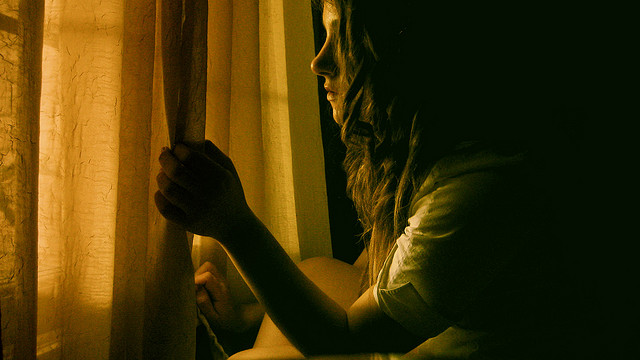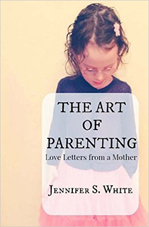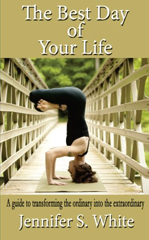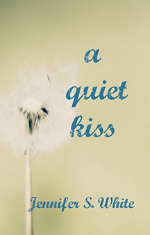The Blurry Edges of Loss & Guilt.
When Loss Inspires Guilt.
I found out this week about the loss of an old friend.
I haven’t spoken to this friend since high school, and I’m now in my 30s. I was surprised at the amount of sorrow I felt when hearing this news.
This isn’t the first one-time pal I’ve had to say a permanent goodbye to, and this isn’t the first time I’ve felt this feeling—guilt at my grief.
Loss becomes convoluted when you’re an outside party.
I think much of this guilt comes from digging deeply enough to ask myself if I’m sad for this person in the same way that I would be if I heard about an absolute stranger’s passing—in my compassionate connection with humanity rather than from my connection as a one one-time friend. Yet, when I discover that old memories and straggling recollections that I thought were long buried are indeed re-surfacing, I’m perplexed to find that I still feel guilt.
While this isn’t the first time I’ve dealt with this, it’s the first time I’ve dealt with it now, in this body, in this self, at this time. I’m older and in many ways, I know that I’m wiser. Still, this much earned insight takes a distinct backseat to feelings of undeserving.
Do I deserve to mourn when his family is clearly in terrible pain? The kind of pain that can only come from knowing someone well and daily—the kind of pain of the immediate family. My guilt wants me to answer “no,” but emotions are funny things—they have a habit of not listening to your head.
Instead, I find myself feeling the kind of unfortunate elation that accompanies times of tragedy; happiness that’s actually painful when coupled with the blurry edges of something like woundedness. Life becomes sharply in focus during times like this. Everything is so achingly and hauntingly gorgeous when placed beside suffering.
Bereavement highlights life’s delicate graces, but it’s still ugly and undesirable, and I often feel I’d much prefer the kind of average joy that comes from not knowing this partner, this opposite—the discomfort of anguish, but I don’t have a choice—and I do feel grief, even if I shouldn’t.
I swallow the lump in my throat and I release my guilt because it doesn’t help. Rather it makes these feelings that drudge up hard to own and accept—and move forward from.
I’m thankful that I’m on the peripheral of this grief, but I know in my heart that someday I’ll be right in the middle while others stand in my presently awkward situation. How will I feel when the tables are turned like this? I might feel angry. I might feel relief. The simple reality is that I don’t know how I’ll feel, and I don’t really want to think about it.
Because grief is uncomfortable and painful and terrible.
We can say that we find true happiness from pain or that pain is noble, but I know that I’d never choose it and I usually say these things to myself in order to survive falls that seem challenging to get back up from.
What will I do with my feelings? I’ll try to look my husband in the eye and validate him every day. I’ll try to find the good in everyone that I come across, especially when it’s hard. I’ll try to remember that joy isn’t permanent—and neither is misery, and I’ll try to tell myself to not feel guilty over emotions that I can’t easily control.
So goodbye to my old friend. Goodbye to teenagers hanging out and to troubles that are too heavy for young, still-forming souls.
Hello to this palpable reality that life isn’t always easy or clear cut. Hello to my authentic self and to this self’s authentic sensations. I see you. I recognize you. I hope that’s enough.
Photo: Jenna Carver/Flickr.
This article was first published by elephant journal.










